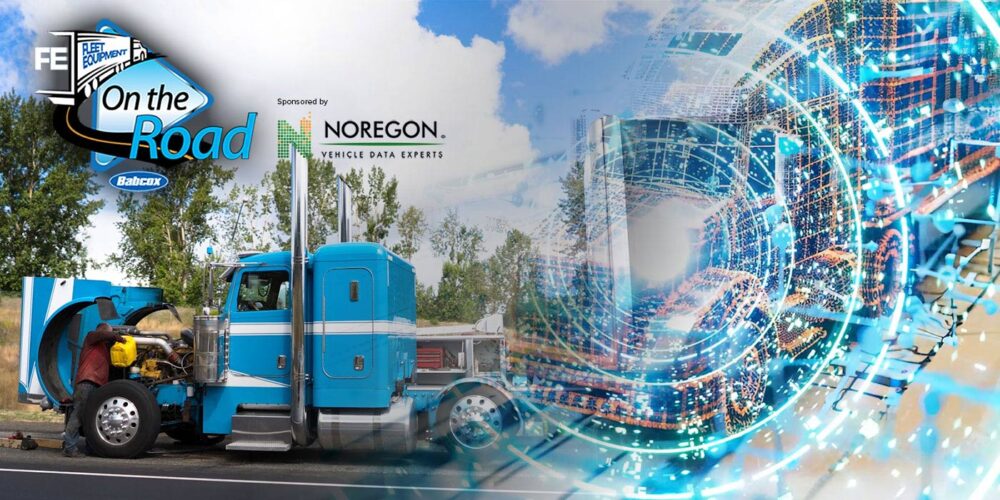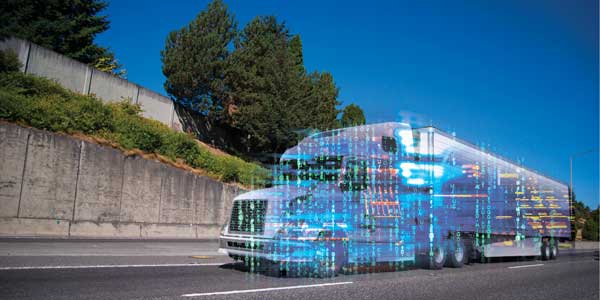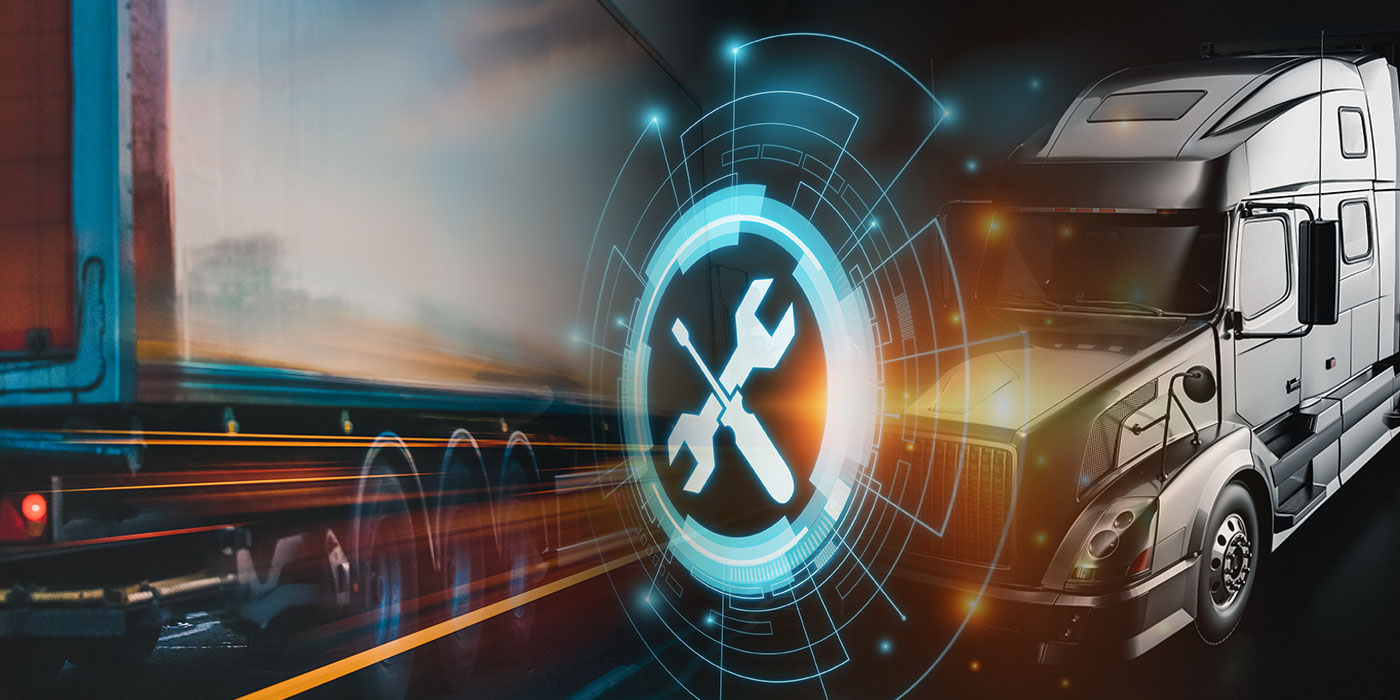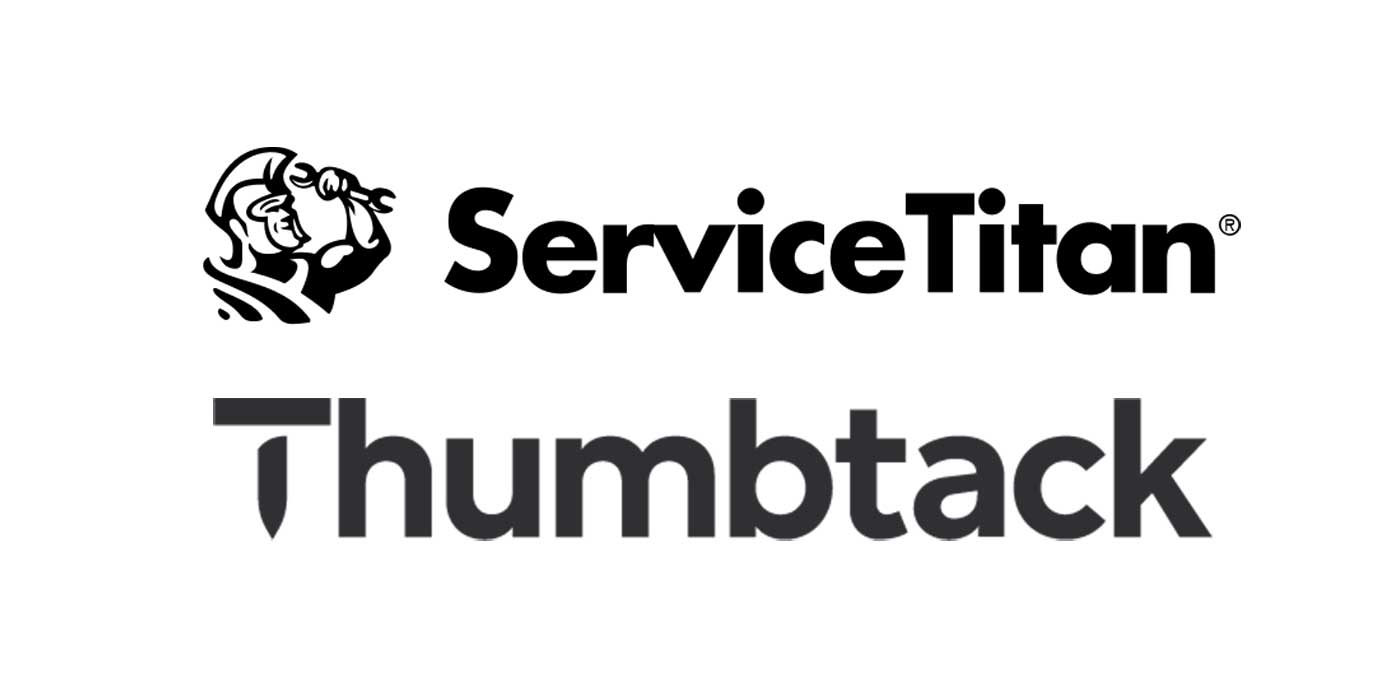Relaxed hours-of-service requirements and trucking’s essential role in the movement of needed goods and services provided an uptick in freight activity at the onset of the Coronavirus pandemic. Now six weeks later, freight volumes are starting to decline as the pendulum swings back, reflecting the country’s shutdown, according to ACT Research.
How is this ever-shifting industry landscape impacting truck service operations and what should you be communicating to your service partners to make sure your needs can be met?
I connected with Sara Howes, senior director of insights and experiences, with Decisiv Inc., which sees 60,000 service events created on a weekly basis, on average. She provides an update on what’s happening in the truck service world, lists the three critical truck data components to keep an eye on to avoid unplanned downtime and details the data to communicate with your service network. Watch the video above for all of the insight.

No script? No plan? No problem. Welcome to Fleet Equipment Unscripted—the video interview series that connects you with the greatest minds in the heavy-duty trucking world.
Bookmark the Fleet Equipment Unscripted page to catch all of our Unscripted episodes, and subscribe to our newsletter by clicking here to have the latest news and in-depth trucking stories delivered straight to your inbox.













